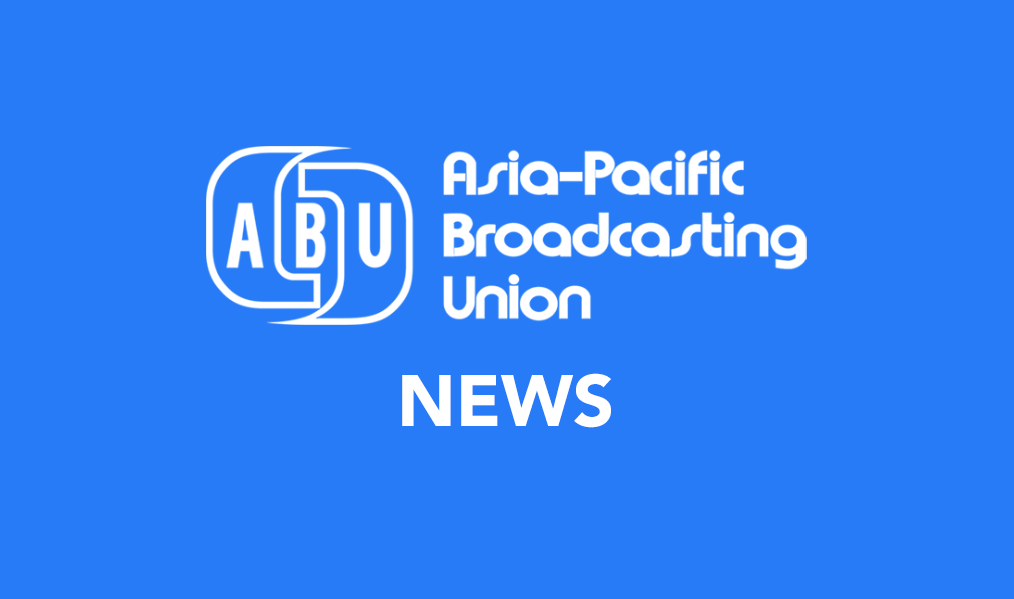
International Women’s day more than a gesture, says ABU
 International Women’s Day is more than a gesture, the ABU says; it is an annual chance to review progress on equal opportunities.
International Women’s Day is more than a gesture, the ABU says; it is an annual chance to review progress on equal opportunities.
On the eve of this year’s International Women’s Day, the ABU points out that millions of women around the world continue to live and bring up their children in poverty, victims of prejudice, deprived of equal opportunities in the workplace and having to fight for their basic rights.
“The ABU, as a great and growing organisation of 260 broadcasters in the Asia-Pacific region, plays its role to strengthen gender equality,” says the Union’s Secretary-General Dr Javad Mottaghi. “The result has been the development of the Broadcasting for All campaign focusing on practical projects to include the whole of our potential audience of more than four billion people.”
He says that within the umbrella of Broadcasting for All the ABU has launched several initiatives concentrating on the empowerment of women and will continue to develop this strategy to embrace other vulnerable groups like children, people with disabilities and the elderly.
Other ongoing initiatives supported by the ABU include the UNESCO Global Forum on Media and Gender, the Global Alliance on Media and Gender and UNESCO’s Women Make the News initiative.
“It is in this spirit that the ABU joins in the recognition of International Women’s Day,” Dr Mottaghi added. “This is not a symbolic gesture towards the women and children of Asia but an annual review of our progress on equal opportunities.”
One of the ABU’s frequent partners on gender initiatives is the International Telecommunication Union (ITU). Its Head of Special Initiatives Division in Telecomms Development, Ms Susan Schorr, says the past 12 months have seen major developments such as the twelve-point plan of action in the Declaration on Empowering Women and Persons with Disabilities through Media and ICTs, issued at the ITU-ABU Women with the Wave High Level Forum in Vietnam in October 2013.
Mr Martin Hadlow, Secretary-General of The Asian Media Information and Communication Centre (AMIC), says the recent formulation of UNESCO’s Gender-Sensitive Indicators for Media (GSIM) sets benchmarks for employers who can no longer claim ignorance of the need to promote inclusiveness and equality within the workforce.

